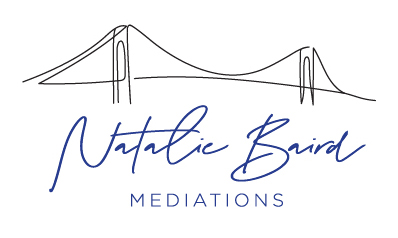Keeping Confidentiality in Divorce Mediation: 4 Things to Know
Divorce is a complex and emotional process, but divorce mediation can make it easier. One of the key benefits of mediation is that it allows both parties to have private conversations about their divorce settlement. However, there are a few things that you should know about confidentiality and mediation to ensure that your conversations remain private. Here are five things you should know about confidentiality and divorce mediation in Florida.
The Mediator Must Maintain Confidentiality
All mediators in Florida have a duty to maintain confidentiality during and after the in-person or virtual mediation process. This means they cannot disclose any information exchanged during the mediation without the express permission of both parties. The only exceptions to this rule are when either party discloses information relevant to child abuse or neglect or if a court orders the disclosure of certain documents or testimony related to the case.
Confidentiality Applies Even After Mediation Ends
In addition to maintaining confidentiality before, during, and immediately after the mediation session, mediators must keep all discussions confidential even after the case has been concluded. This means they cannot discuss private matters with anyone else unless given specific permission by both parties or required by law.
You Can Protect Yourself Further
While the mediator will work hard to maintain confidentiality, there may be times when additional measures need to be taken to ensure privacy for both parties involved in a divorce settlement negotiation. To protect your interests further, you can sign an agreement with your spouse that states neither party will discuss any details from the mediation with anyone outside of their immediate family members or legal counsels.
Parties Can Still Talk Directly
If both parties feel comfortable doing so, they can still choose to communicate directly with one another regarding certain matters, such as scheduling changes or other issues related to children or property division, without fear of violating any rules of confidentiality as long as these communications remain private between them only and do not involve discussing any details from previous mediated sessions without prior consent from each other first. Breaching that confidentiality can create unnecessary conflict that can slow your process down.
Controlling What You Can During Divorce
Divorce is an emotional process, no matter how amicable it might be for couples. Still, mediated sessions provide an opportunity to gain some control over how it’s handled while ensuring privacy remains intact. Knowing exactly what these rules entail beforehand, however, can help couples make informed decisions throughout negotiations & ultimately find resolutions most suitable for everyone. If you’re ready to start mediating, reach out to Natalie Baird Mediations.

